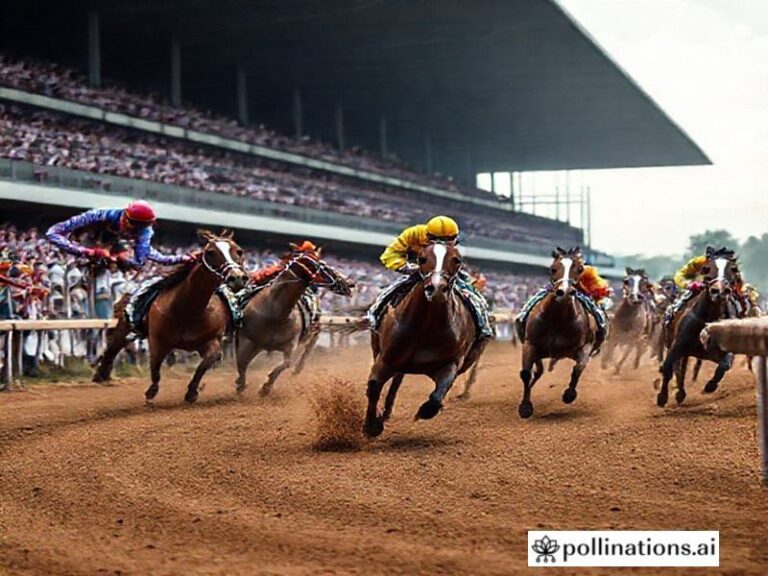Geraint Thomas: The Welsh Metaphor Pedaling Through a Broken World’s Supply Chain on Two Wheels
Geraint Thomas and the Existential Circus of Modern Sport
By our man in the peloton of despair
Paris, July — While diplomats in Brussels argue over fish quotas and the planet quietly smolders, a 37-year-old Welshman with the knees of a medieval cathedral has been pedaling through France in a neon jersey, carrying the faint hope that a small island nation might still produce something that doesn’t end in recession or a Netflix documentary about fraud. Geraint Thomas, the accidental protagonist of this year’s Tour de France, has become a rolling metaphor for every middle-power trying to stay relevant: keep moving, don’t look down, and pray the wheels don’t come off before the cameras do.
To the untrained eye, Thomas is merely another cyclist in a 176-man migraine sponsored by energy drinks and tax-avoidant Emirati airlines. To the trained eye, he is that rarest of creatures: a reigning champion who still looks vaguely embarrassed by victory, as if he’s just been caught returning too many bottles at once. His 2018 Tour win was the first by a Welshman, a sentence that sounds like a bar bet nobody ever collects because everyone’s too drunk on nostalgia. It was also, depending on your geopolitics, either proof that the United Kingdom can still manufacture excellence or evidence that devolution has gone so far even the peloton is fragmenting.
Internationally, Thomas matters because he pedals through the contradictions we all live in. He rides for a British team bankrolled by a petro-state, on a bike carbon-welded in Asia, wearing clothing sewn in Eastern Europe, while being cheered on by Dutchmen in Lycra printed with Australian beer logos. If you squint, the Tour is less a race than a trade show on wheels, a 3,300-km pop-up ad for the supply-chain miracle that keeps the world’s convenience stores stocked with the exact same strawberries in December. Thomas is merely the reluctant billboard at the front, grimacing for all of us.
The Welsh angle is crucial, if only because Wales itself is the international community’s polite reminder that nationalism is rarely about size. With three million people and a language that looks like a password, Wales has spent centuries perfecting the art of being simultaneously colonized and ignored. Thomas’s success therefore arrives as a sort of geopolitical comfort food: see, the little guy can still win—provided he has astronomical VO2 max numbers and a willingness to subsist on rice cakes until his body fat is lower than the Bank of England’s growth forecast.
Meanwhile, the broader peloton offers a rolling seminar on global inequality. Riders from Ecuador, Colombia, and Eritrea trade pulls with millionaire Scandinavians whose off-season hobby is buying second homes in each other’s countries. The race passes through towns where the mayor would sell a kidney for a bypass, then through valleys where the only economic activity is remembering the Resistance. Every mountain stage is essentially a tax-bracket visualization: the higher you climb, the thinner the air and the fatter the contracts waiting at the summit.
Thomas’s real achievement is surviving the circus without becoming a clown. Cycling’s business model is doping scandals recycled as streaming content; its calendar is so brutal that riders publicly discuss their “exit strategy” like hedge-fund managers eyeing a currency crash. Yet Thomas still gives interviews in the same Cardiff accent he had when he was a teenage track prodigy, a linguistic anchor in a sport where yesterday’s domestique is tomorrow’s blockchain start-up.
What does it mean for the world that a modest Welshman can still outride multinational conglomerates on a gradient that would kill a goat? Probably nothing. Possibly everything. At minimum, it suggests that the laws of gravity, like the laws of economics, can be temporarily suspended if you’re willing to tolerate enough lactic acid. And in an era when every headline reads like a placeholder for apocalypse, there is something perversely reassuring about watching a man ascend an Alp while sponsored by an airline nobody can actually fly because the planet is melting.
When Thomas eventually retires—likely into a punditry chair and a vineyard he’ll pretend is just “a hobby”—the Tour will keep rolling, powered by fresh billionaires and whichever nation needs a distraction next. But for now, as he grinds up yet another hors-catégorie climb, he remains a moving target: proof that you can still outrun your own obsolescence, at least until the road tilts skyward and the contracts expire. The rest of us, overweight and underpaid, watch from couches and wonder what it feels like to be that temporarily weightless. The answer, as always, is: exhausting.







